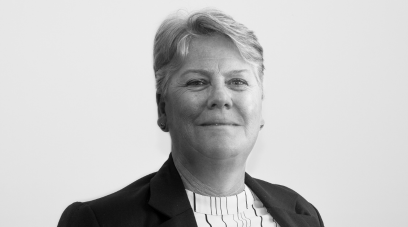Legal wills
Most of us do not like thinking about death and the effects it has on those we leave behind, but it is something that has to be faced eventually. Let the compassionate lawyers at Stacks make planning for your passing easier for you.
It is natural that you should want to choose who your property and assets will pass to when you die. By making a will, you can ensure that your assets are distributed according to your wishes.
One of the experienced lawyers at Stacks Law Firm can assist you in the following ways:
- Making sure your will is valid, meaning properly drawn, signed and witnessed
- Making sure your wishes are clearly expressed in your will
- Advising you about adequate provision for your spouse and children, or for any former spouse or any dependants
- Advising you about tax matters concerning your estate, such as any possible liability for capital gains tax which might result from provisions you intend to make in your will;
- Advising you on choosing an executor
- Advising you on the best way to arrange your affairs
Need help with writing a will that will ensure your wealth and possessions are distributed according to your wishes? Speak to the expert wealth protection lawyers at Stacks.
























